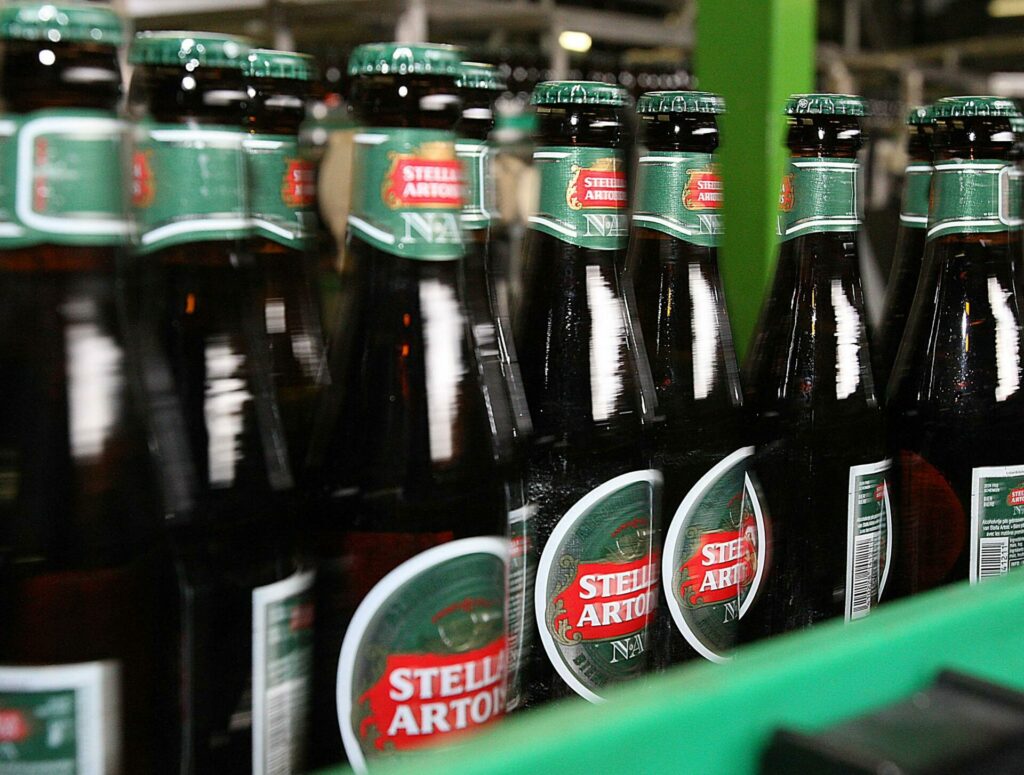In recent years, the demand for non-alcoholic beverages has soared, with a plethora of alcohol-free options entering the market. However, many consumers often find that these alternatives are often as (or more) expensive than alcoholic drinks.
The answer may lie in the evolving landscape of taste experiences and the considerable investment required to meet consumer expectations.
Nowadays, the market is no longer limited to water and fruit juice, but instead boasts an array of non-alcoholic options. However, these frequently mirror or surpass the cost of their alcoholic counterparts – a phenomenon that can be attributed to several factors.
The sheer volume of alcoholic beverages being produced and sold allows manufacturers to achieve cost efficiencies, ultimately resulting in lower prices per bottle. Even when factoring in the high alcohol taxes in Belgium, traditional alcoholic options such as gin or rum remain more economically viable.
The quest for a superior taste experience has become a focal point for many companies entering the non-alcoholic market. Investing substantial sums in cutting-edge techniques, manufacturers aim to replicate the nuanced flavours found in alcoholic beverages. Some non-alcoholic versions of well-known drinks can rival their alcoholic counterparts, with non-alcoholic wines, in particular, surprising even seasoned sommeliers.
Large brands often use their alcohol as a base, employing processes to remove it while preserving the flavour profile. This approach, while enhancing taste, incurs additional costs, contributing to the overall higher price of non-alcoholic options.
Related News
- Unique bar opens in Liège offering only non-alcoholic beverages
- New generation of alcohol-free beers: AB InBev to invest €31 million in Belgian breweries
- Unwrapping Belgium: A unique wish list of gifts for last-minute shoppers
Intriguingly, the market is witnessing the emergence of original non-alcoholic beverages that do not have alcoholic counterparts. Distilleries such as Botan from Antwerp, specialising exclusively in non-alcoholic wines and cocktails, exemplify this trend. Consumers are increasingly willing to invest more in non-alcoholic beverages they genuinely enjoy, marking a shift from the consumer habits of years past.
Moreover, alcohol-free sparkling wines and the 0.0% Belgian beer market are experiencing growth. According to statistics platform Statista, the non-alcoholic beer market is expected to show a volume growth of 2.6% in 2024.
As the landscape of non-alcoholic beverages continues to evolve, the economic dynamics behind their pricing underscore the significant investments made by manufacturers to deliver a taste experience that rivals, and in some cases surpasses, that of alcoholic counterparts.

